Khan said his position on the green belt has changed because “bold solutions” are required to fix London’s housing crisis.
To meet demand, London needs 88,000 new homes a year over the next decade: close to a million homes. The capital has never built this number of homes before, and only ever built at anything close to this rate when there was a housing boom across the country in the 1930s.
Khan said the current approach to only build on brownfield land will never be enough to meet the scale of the challenge.
Releasing some carefully chosen areas of green belt for development could unlock hundreds of thousands of new homes for Londoners.
The right transport and infrastructure will play a pivotal role in the new approach, enabling higher density developments near public transport connections.
Khan said: “We clearly face an extraordinary challenge. As Mayor, I’m determined to give it everything we’ve got – with a radical step-change in our approach.
“We’ll be working with councils and others to secure as many new homes as we can on brownfield sites, both large and small, but we have to be honest with Londoners that this alone will not be enough to meet our needs.
“That’s why I’m announcing that City Hall’s new position will be to actively explore the release of parts of London’s green belt for development.
“The perception many people have is that the green belt is all beautiful countryside, green and pleasant land, rich with wildlife. The reality is very different. The green belt can often be low-quality land, poorly maintained and rarely enjoyed by Londoners. Only around 13 per cent is made up of parks and areas that the public can access.
“So given the quality of parts of the London’s green belt and the extent of the housing crisis, I believe the status quo is wrong, out-of-date and simply unsustainable. Development on carefully chosen parts of the green belt – done in the right way – would allow us to unlock hundreds of thousands of good quality new homes for Londoners. This would not only go a long way to ending the housing crisis but provide a huge boost to our economy.”









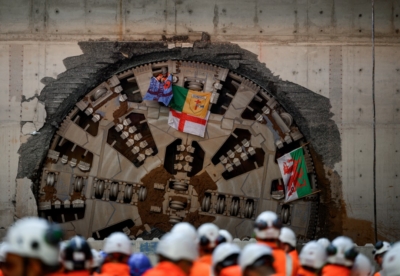
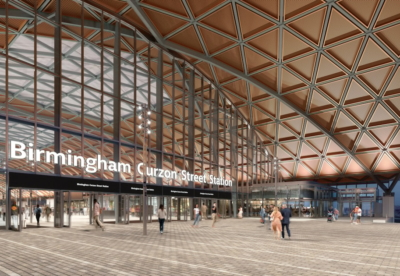
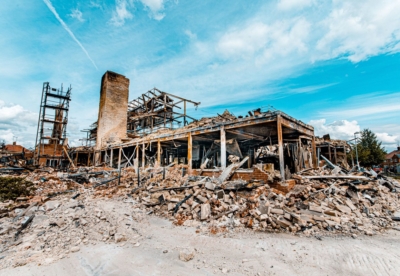

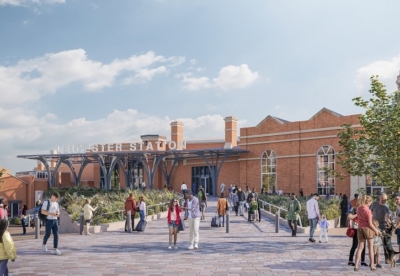
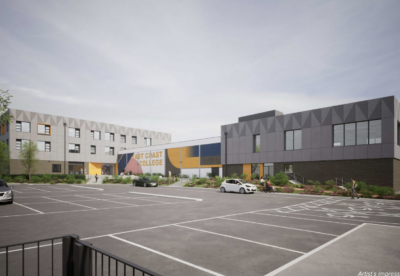
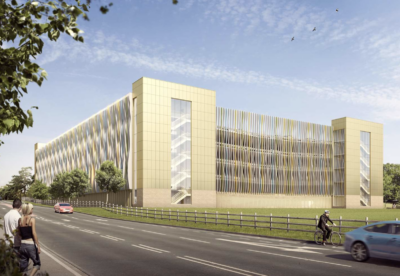

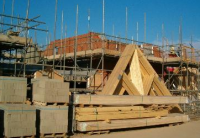
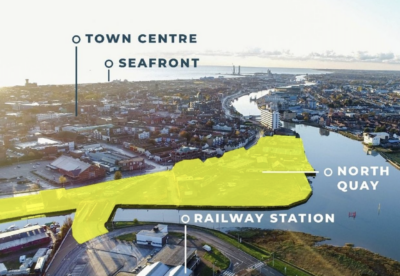



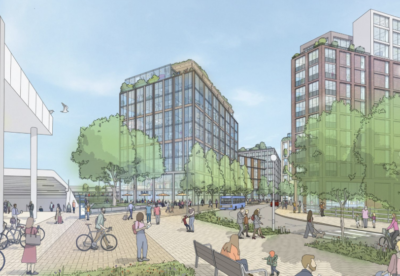



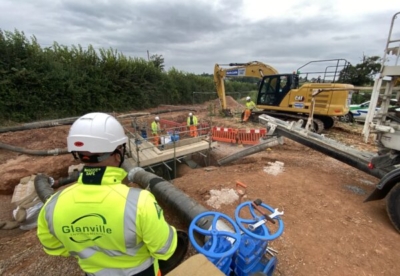
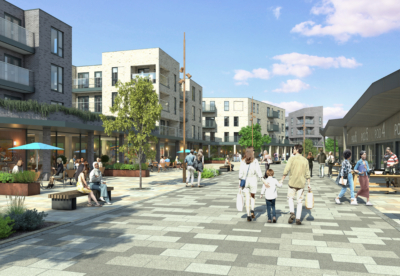
.gif)

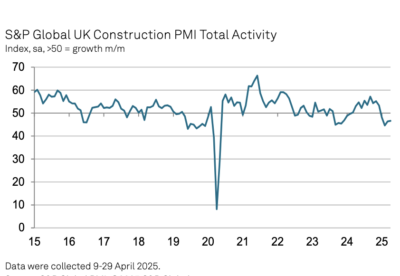
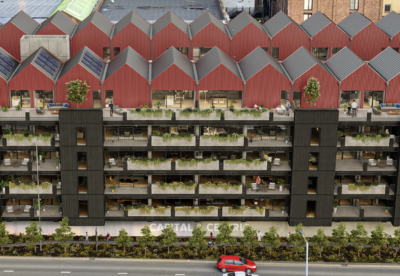







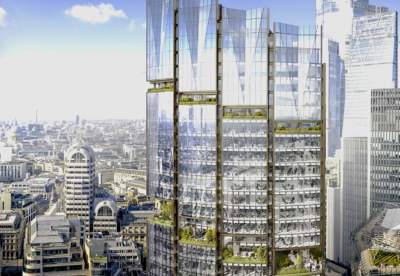











 May 2025.gif)


